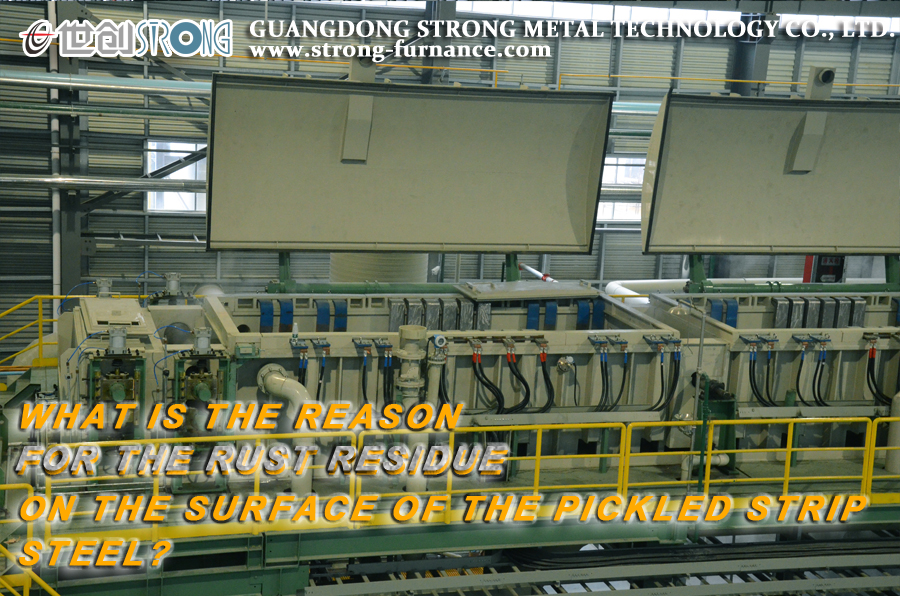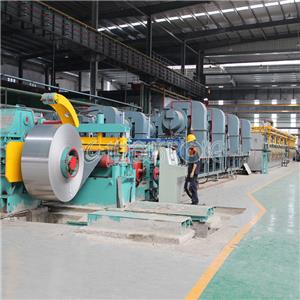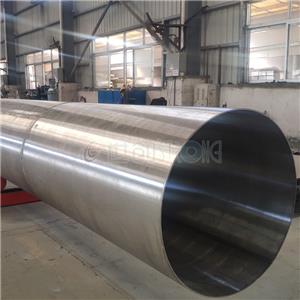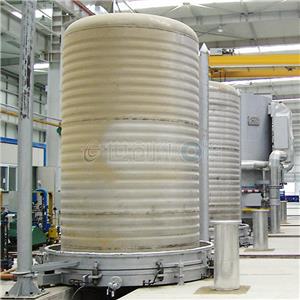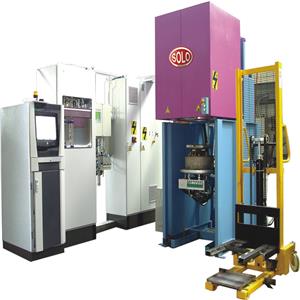- Muffles for Furnaces
- Muffles For Horizontal Furnaces
- Muffles For Vertical Furnaces
- Muffles For Bell Furnaces
- Muffles For Carburizing Nitriding
- Muffles for conveyor furnaces
- Muffles For Ammonia Crackers
What is the reason for the rust residue on the surface of the pickled strip steel?
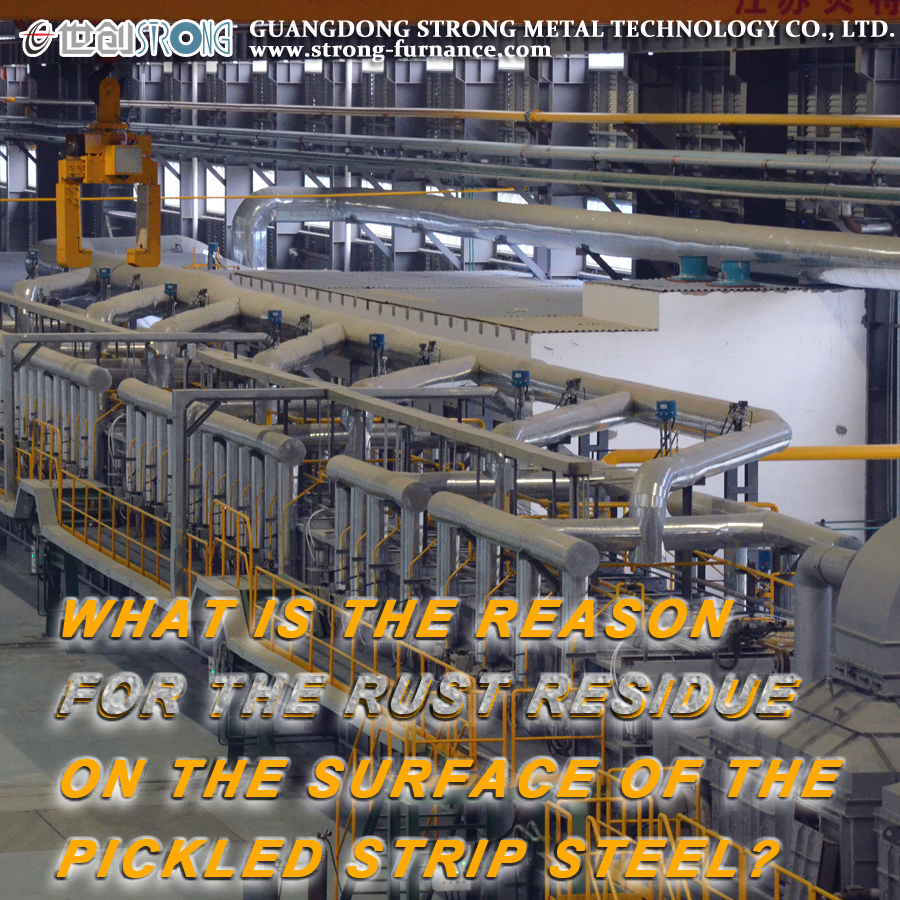
What is the reason for the rust residue on the surface of the pickled strip steel?
The possible reasons for the presence of rust residue on the surface of pickled strip steel are as follows:
① After pickling, there is a small amount of acid residue on the surface of the strip steel, which leads to rusting again;
② The pickled strip steel stays in high-temperature cleaning water for too long, causing corrosion;
③ The pickled strip steel is not coated with oil in a timely manner or stored in a damp place, which is corroded by moisture and oxygen in the air.
In order to carry out strip steel pickling in an environmentally friendly manner, the following measures can be taken:
① Use environmentally friendly acid cleaning agents, such as organic acid cleaning agents, to reduce the generation of acid mist and the discharge of acid cleaning wastewater;
② Control the parameters such as acid washing time, temperature, concentration, etc., to avoid over acid washing or under acid washing, and improve the efficiency and quality of acid washing;
③ Strengthen cleaning and drying after acid pickling, thoroughly remove residual acid and dirt on the surface of the strip steel, and prevent rusting from occurring;
④ Timely apply oil or paint to the surface of the strip steel to increase its rust prevention ability and extend its service life
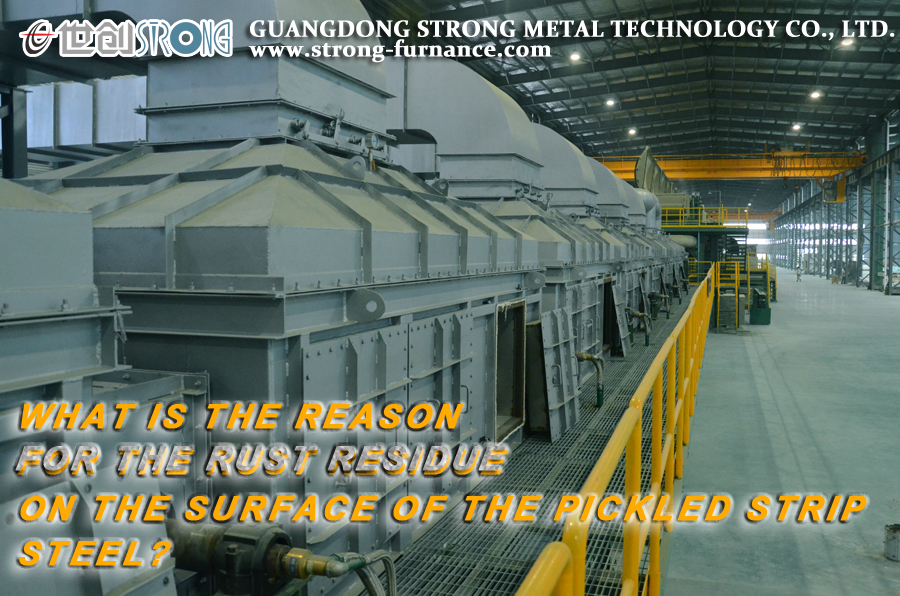
Strong Metal’s customized continuous Annealing And Pickling Line hot rolled stainless steel coil
The continuous annealing and picking line includes two main processes(Annealing process and pickling process) and other supporting processes. the Annealing process adopts Strong Metal's latest heat treating technolgy. Annealing process is a heat treatment that alters the physical and sometimes chemical properties of a material to increase its ductility and reduce its hardness, making it more workable.
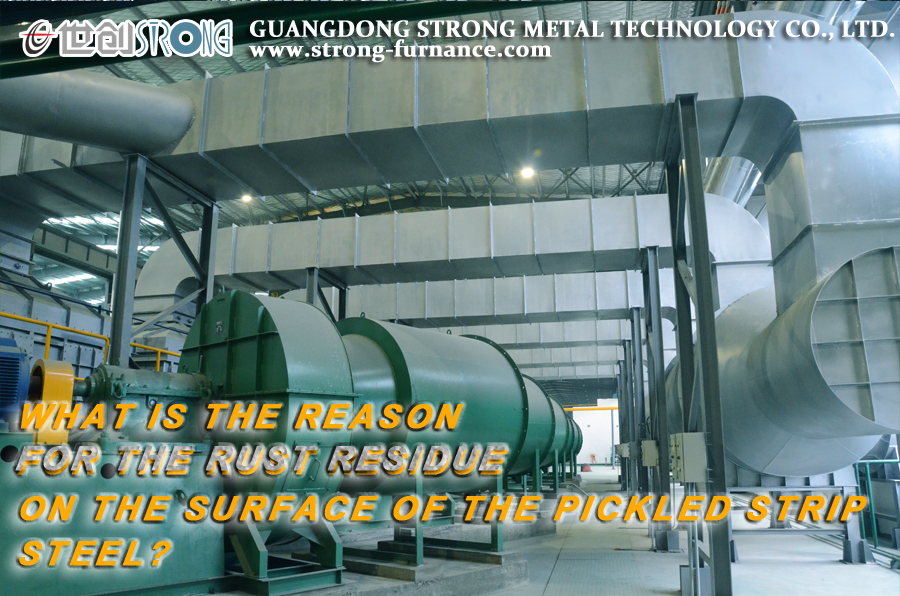
The Pickling process removes surface oxides and cleans surfaces to expose the bare metal. Pickling operations are very important in the manufacture of stainless steel and provide the transition between hot plant and cold plant, after the annealing operations. It involves multi-step chemical reactions, and is one of the most polluting and costly chemical processes in the steel industry due to the presence of the highly corrosive acids and hazardous substances such as hexavalent chromium and NOx.
Equiped with loopers(optional), the annealing process and the pickling process are operated continuously without disrupption during loading and undloading materials
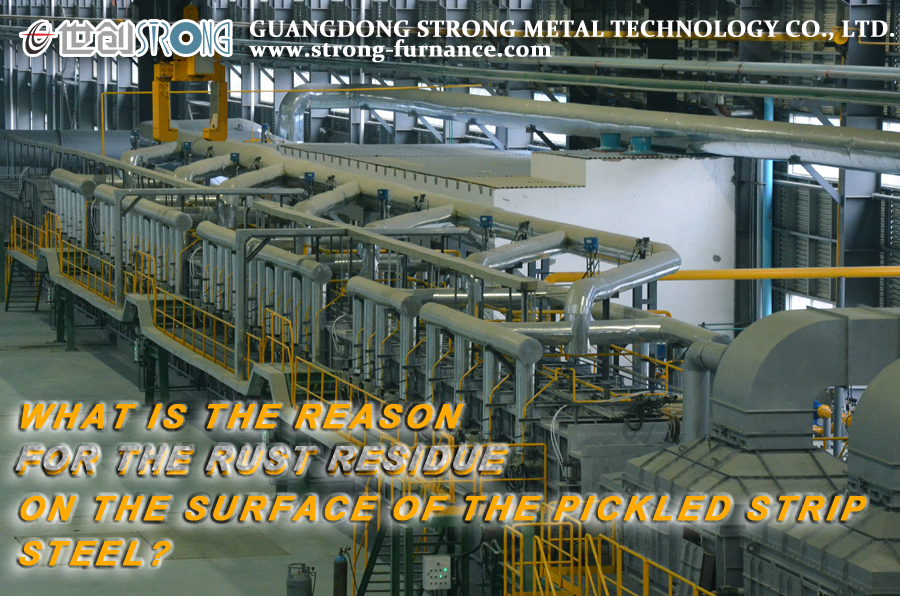
Application: Cold rolled or Hot rooled, Strips or coils of carbon steel, stainless steel.
Main Technical Parameters: Annealing Materials:
Grade: Carbon steel, stanless steel
Strip Thickness: 0.1-2.0 mm
Strip Width: 200-1350 mm
Max throughput : 500mt/day
Equipment General Introduction:
Applications: continuous annealing and pickling for carbon steel and stainless steel in final products or middle products.
Layout Type: Horizontal
Heating Mode: Electricity or feul or gas
Protective Gas: Ammonia Decomposing Gas(75%H2+25%N2)or 100% H2
Annealing pickling line, Continuous pickling line, Strip pickling line, Cold-rolled pickling line
